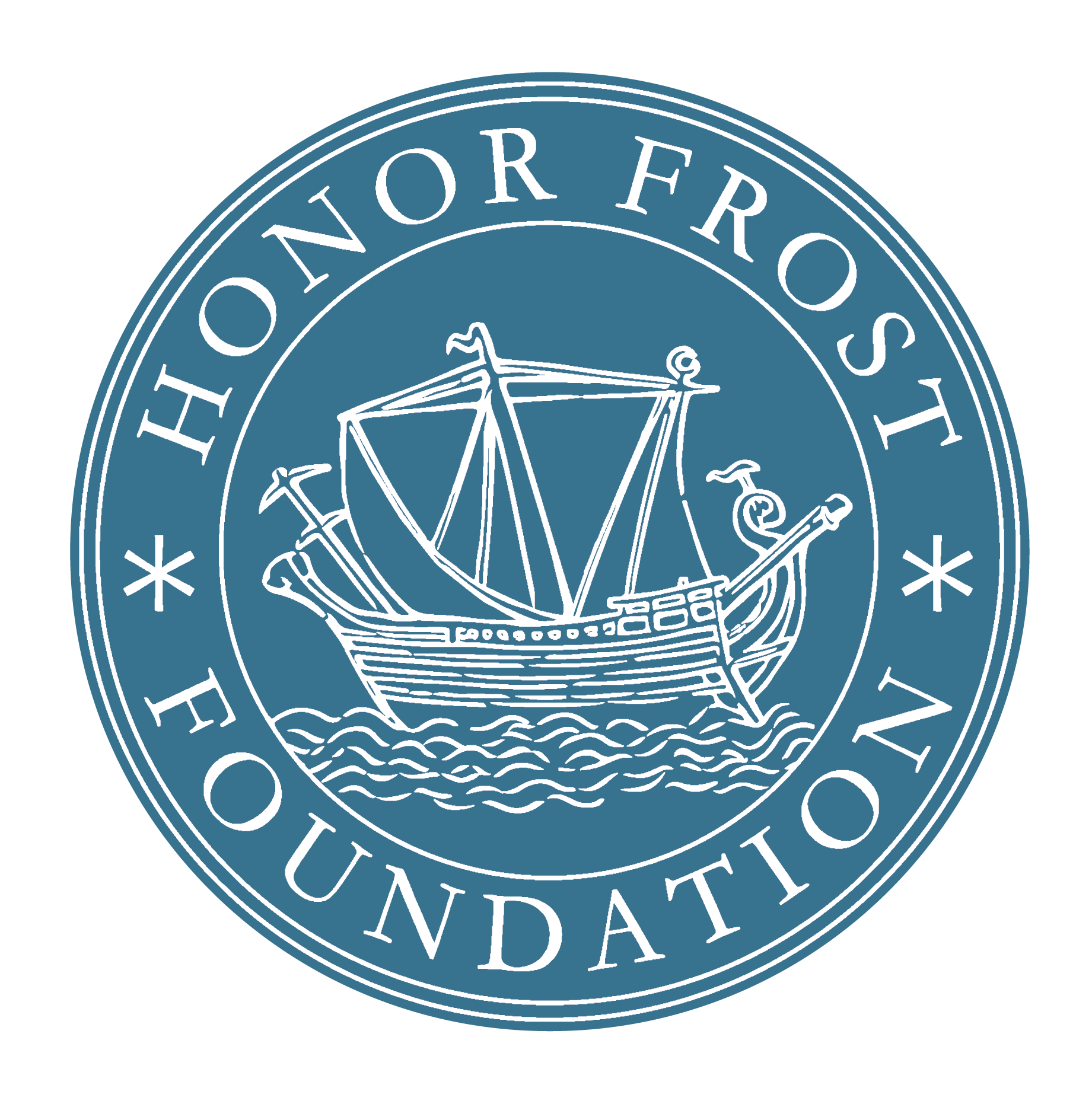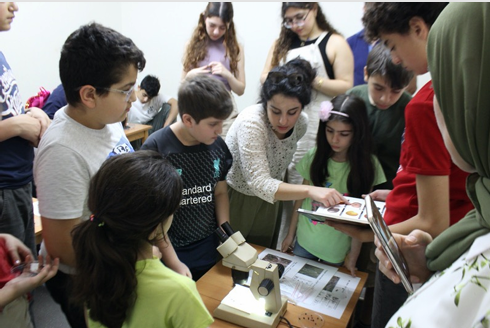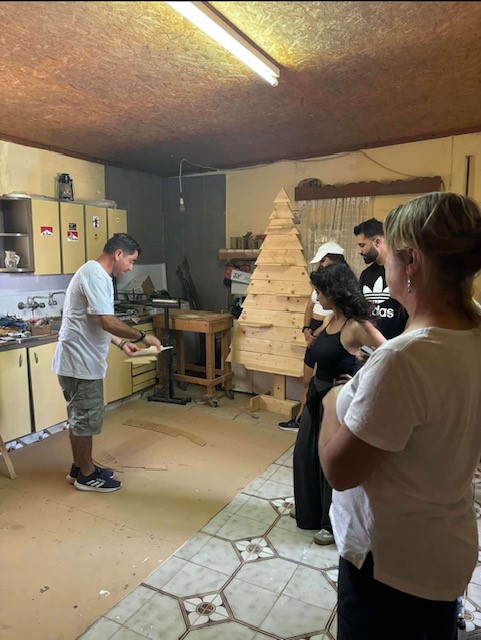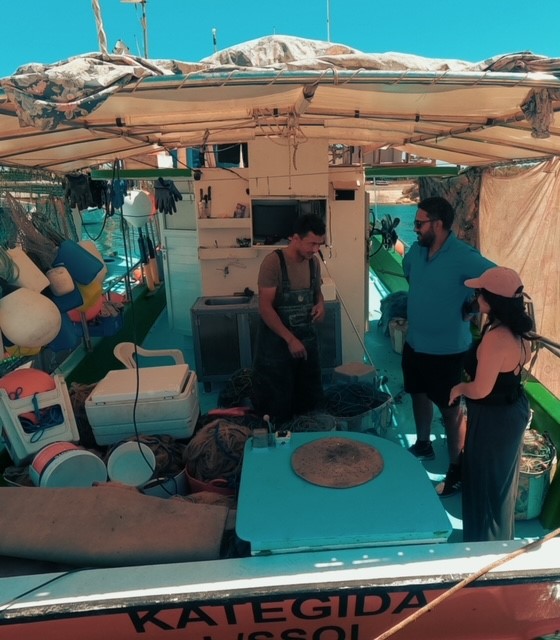Christelle Kabboul – Muséum national d’Histoire naturelle- PhD- 2022

Entitled “Spilling the beans – the origins, spread and impact of agriculture in the Central Levant: an anthracological and carpological study of PrePottery and Pottery Neolithic botanical remains on the Lebanese coast”, my doctoral project aims to reconstruct the environmental and socio-economic parameters of the emergence of early food-producing societies of the central Levantine littoral, to study the way various crops – whether annuals or fruit-trees – became part of the local diet and how village communities interacted with the natural environment.
My research interests mainly focus on the founder crops of the Neolithic, the emergence of agriculture in the Near East, subsistence economies of early societies, the process of plant domestication and the diffusion routes of domesticates.
The HFF’s decision to support my PhD project shows its versatility by promoting the advancement of research not only focused on submerged sites but also on coastal ones, where the first farmers’ interaction with the environment is strongly linked to the sea.
During my first PhD year, a first archaeobotanical approach – carpology – was mobilized to study the fruits and seeds collected from the archaeological contexts of Tabarja Wata Slam 100 (TWS 100). TWS 100 is a neolithic site located on the Lebanese coast, 28 km north of Beirut. Following large-scale systematic excavations, important occupation levels dating back to the Middle and Late PPNB (8164 Cal BC – 6593 Cal BC) as well as to the Pottery Neolithic were uncovered (Yazbeck et al. 2020). The flotation of almost 70 000 l of systematically sampled sediments has yielded a remarkable amount of charred plant remains which constitute the core of my PhD study.
In 2022-2023, I was able to make progress on the points below:
- Conduct a bibliographic study of the neolithization process, the origins of agriculture and Levantine and eastern Mediterranean flora.
- Carry out carpological analysis with preliminary results of flotation residue samples collected from Tabarja Wata Slam 100 and 41.
- Undertake archaeological fieldwork and archaeobotanical data collection at two new multi-period sites, located in the Bekaa plain, where farming activities and agrarian production flourish the most in modern Lebanon.
- Audit courses of Marine Science and Culture (MSCU) at the American University of Beirut (AUB) and participate at the subsequent field school which covered a wide spectrum of maritime archaeology practical studies (marine geophysics, underwater survey, coastal survey, finds processing, data management, etc.).
- Participate at a botanical excursion to learn how to identify Mediterranean and Balkan flora in southern Albania, recognize their ecological niche and carry out ethnographic observations on rural practices and traditional lifestyle that are still preserved until this day.
Additionally, I presented my thesis project, including preliminary archaeobotanical results from TWS 100, at an internal conference at the Institut français du Proche-Orient (Ifpo) and at an external one -the Maritime Archaeology Graduate Symposium (MAGS 2023)- at the University of Cyprus, thanks to the HFF.
I also gave a talk on food practices, from the Neolithic to the Iron Age, through an archaeobotanical viewpoint, in the framework of a seminar on culinary tourism in Lebanon, organized by the syndicate of touristic guides.
The first carpological analysis, which started last year, was the main focus of my second PhD year. The preliminary study of more than a thousand and a half carpological samples of TWS 100 was completed and led to interesting results. Carpology, from the greek karpos “fruit” or “carpel”, is the study of seeds and fruits as well as the elements that are sometimes associated to them in the reproductive organs of the plant. It helps reconstruct past agrarian practices, subsistence economies and plant-based diet of ancient societies.
In 2023-2024, I was able to work on the following:
- Continue the literature review on the state of archaeobotanical research in the Central Levant, work on the natural setting of TWS 100 and study the formation processes of the archaeobotanical record.
- Complete the preleminary carpological analysis of 1563 flotation residue samples collected from TWS 100.
- Start building a reference collection of modern charred and non-charred seeds/fruits.
- Complete the mandatory trainings for my PhD (Scientific integrity in research professions, integration and operational preparation to professional projects) as well as additional trainings.
- Engage with the public via a podcast on archaeobotanical sciences and a workshop on the identification of charred seeds/fruits for young Lebanese students.
The following year will be mostly dedicated to carrying out anthracological analyses on charred wood sampled from TWS 100, sharing results with international scientific communities and to a full focus on thesis writing.





